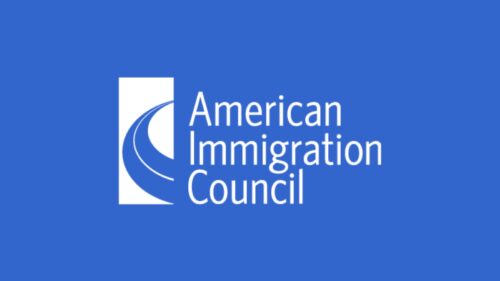The American Immigration Council’s Legal Action Center argued that local police violated the Fourth Amendment by unnecessarily prolonging an individual’s detention based solely on the suspicion that he was not lawfully present in the United States. In Arizona v. United States, the Supreme Court cautioned against prolonging a detention to investigate immigration status when it sanctioned Section 2(B) of SB1070, which requires local police to investigate immigration status during a lawful stop or arrest based on reasonable suspicion of unlawful presence.
The Legal Action Center filed an amicus brief in Jimenez-Domingo v. Holder, No. 12-14048-D, which is currently pending in the Eleventh Circuit Court of Appeals. Following a routine traffic stop, the Palm Beach Gardens Police Department detained the Petitioner and other passengers for over an hour to await the arrival of Customs and Border Protection (CBP). Rejecting the Petitioner’s repeated requests to consult his lawyer, CBP arrested, interrogated and placed him in removal proceedings.
The Council challenged the Board of Immigration Appeals’ denial of the Petitioner’s motion to suppress evidence obtained through the police’s unlawful conduct. Although the Supreme Court has held that evidence unlawfully obtained by federal immigration officers need not always be excluded from removal proceedings, the Court’s rationale does not apply to situations in which evidence was obtained through a constitutional violation by local law enforcement officers.
“Given the increasing involvement of local police in immigration enforcement and their relative lack of training in federal immigration law, the suppression of evidence is necessary to deter the type of constitutional violations foreshadowed in the Supreme Court’s decision on SB 1070,” according to Melissa Crow, Director of the American Immigration Council’s Legal Action Center.
The Petitioner is represented by Rebecca Sharpless, who directs the Immigration Clinic at the University of Miami School of Law.
###
For more information, contact Wendy Sefsaf at [email protected].


